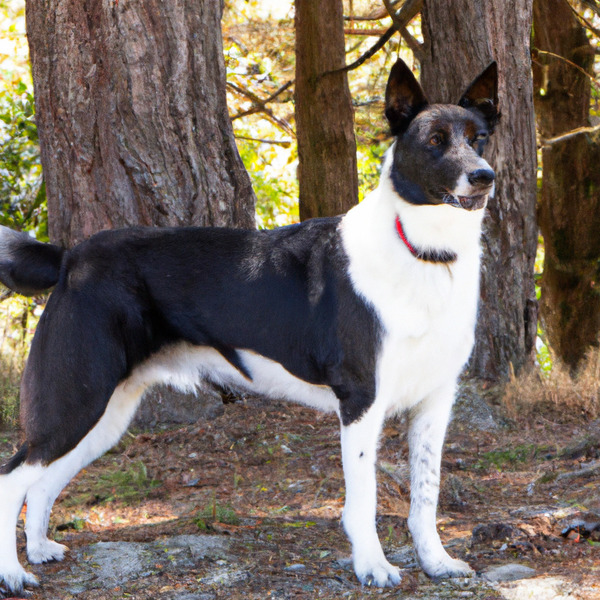New Zealand Heading Dog vs. Rhodesian Ridgeback: Breed Differences and Similarities
Weight Gain Potential
Which breed eats more: New Zealand Heading Dog or Rhodesian Ridgeback?
New Zealand Heading Dog has average obesity risk, needs balanced diet, daily walks, and weight monitoring.
Rhodesian Ridgeback has average risk of obesity, needs daily walks and quality diet to maintain healthy weight.
Hypoallergenic
Are New Zealand Heading Dogs or Rhodesian Ridgebacks hypoallergenic, or neither?
Unfortunately, neither New Zealand Heading Dog nor Rhodesian Ridgeback are hypoallergenic, which may not make them the best choice for dog lovers who suffer from pet allergies.
Temperament
What are the personalities of New Zealand Heading Dog and Rhodesian Ridgeback dogs?
Intelligent
Willing
Dignified
Loyal
Sensitive
Intelligent
Mischievous
Strong
Willed
Shedding Level
Do New Zealand Heading Dogs shed more than Rhodesian Ridgebacks, or which breed sheds more, New Zealand Heading Dogs or Rhodesian Ridgebacks?
New Zealand Heading Dogs are moderate shedders, but regular brushing can reduce shedding and maintain coat health.
Rhodesian Ridgebacks shed very little hair, making them a great choice for those who dislike excess hair in the house.
Watchdog Ability
Which dog breed makes a better watchdog, the New Zealand Heading Dog or Rhodesian Ridgeback?
The New Zealand Heading Dog and Rhodesian Ridgeback dogs are average watchdogs. If they sense something different, these breeds will alert their owner.
Origin
What is the origin of New Zealand Heading Dog and Rhodesian Ridgeback dog breeds?
New Zealand
South Africa
Ancestry
What are the origins of New Zealand Heading Dog and Rhodesian Ridgeback breeds?
Border Collie
african tribal dog, dane, mastiff, bloodhound, pointer, greyhound, terrier
Date of Birth
When were New Zealand Heading Dog and Rhodesian Ridgeback breeds first developed?
1867
1800s
Eye Color Possibilites
What are the eye colors of New Zealand Heading Dog and Rhodesian Ridgeback dogs?
Brown
Amber
Brown
Amber
Nose Color Possibilites
What are the natural nose colors of New Zealand Heading Dog and Rhodesian Ridgeback?
Black
Black
Brown
Coat Color Possibilites
What are the natural colors of the coat for New Zealand Heading Dog and Rhodesian Ridgeback breeds?
Black
White
Fawn
Fawn
Red
Coat Length
What is the typical coat length for New Zealand Heading Dog and Rhodesian Ridgeback breeds?
New Zealand Heading Dogs have medium-length coats.
Rhodesian Ridgebacks have coats that can be either short or medium in length.
Coat Density
What is the density of the coat of New Zealand Heading Dog and Rhodesian Ridgeback?
Coat Texture
What is the hair texture of New Zealand Heading Dog and Rhodesian Ridgeback?
Straight
Litter Size
What is the usual litter size for New Zealand Heading Dog and Rhodesian Ridgeback?
A New Zealand Heading Dog can have a litter of 12-14 puppies on average. However, it's worth noting that the size of the litters can vary greatly. Factors that can influence litter size include the health of the mother, breeding history, and genetics.
A Rhodesian Ridgeback can have a litter of 10-12 puppies on average. However, it's worth noting that the size of the litters can vary greatly. Factors that can influence litter size include the health of the mother, breeding history, and genetics.
Adaptability
New Zealand Heading Dogs are highly adaptable and versatile, making them excellent companions for families and individuals of all lifestyles.
Rhodesian Ridgebacks are known for their adaptability and can adjust well to different environments and lifestyle changes.
Health Issues
Between New Zealand Heading Dog and Rhodesian Ridgeback, which breed is more prone to health problems?
New Zealand Heading Dogs typically have low vet costs due to their good health, but it's important to monitor their health and seek vet care when necessary.
While the Rhodesian Ridgeback breed is generally healthy, occasional vet check-ups are still necessary to address any health concerns.
Major Concerns
What are the major health concerns for New Zealand Heading Dog and Rhodesian Ridgeback breeds?
None Known
Dermoid Sinus
Hip And Elbow Dysplasia
Bloat
Minor Concerns
What minor health issues should be kept in mind when owning New Zealand Heading Dog and Rhodesian Ridgeback?
Ear Health and Infection
Eye Infections
Entropion
Deafness
Cataracts
Hypothyroidism
Degenerative Myelopathy
Occasional Tests
What occasional tests are recommended for New Zealand Heading Dog and Rhodesian Ridgeback breeds?
Ear Examination
Eye examination
Complete Blood Count
Regular Full Physical Examination By Veterinarian
Blood Glucose Tests
Hip
Hearing
Breeder Check For Dermoid Sinus
Skeletal
Thyroid Tests
X-Rays
Eye Examination
Energy
How do the energy levels of New Zealand Heading Dogs and Rhodesian Ridgebacks compare?
New Zealand Heading Dogs thrive on an active lifestyle due to their high-energy nature.
Rhodesian Ridgebacks' high energy levels make them unsuitable for a low-key dog, choose accordingly.
Social Needs
New Zealand Heading Dog vs Rhodesian Ridgeback social needs comparison
New Zealand Heading Dog and Rhodesian Ridgeback have above average social needs compared to other breeds. They thrive in environments where they have a lot of interaction with humans and other dogs.
Exercise Needed
New Zealand Heading Dog vs Rhodesian Ridgeback exercise need comparison.
New Zealand Heading Dogs need high physical activity and are ideal for active individuals, but not suitable for sedentary lifestyles or small apartments.
Rhodesian Ridgebacks require significant physical activity and suit those with an active lifestyle.
Sleeping Need
Which of the two sleeps the most/least: New Zealand Heading Dog or Rhodesian Ridgeback?
New Zealand Heading Dogs are active and require sufficient sleep to stay healthy.
Rhodesian Ridgebacks sleep less than other breeds but still need adequate sleep for good health.
Drooling Tendency
Which drools more/less, New Zealand Heading Dog or Rhodesian Ridgeback?
New Zealand Heading Dog is an average drooler, monitor for excessive drooling which may indicate health issues.
Rhodesian Ridgeback minimally drools, ideal for those who dislike drool marks on clothing.
Tendency to Bark
Do New Zealand Heading Dogs or Rhodesian Ridgebacks bark more/less frequently?
Compared to most other breeds, New Zealand Heading Dog and Rhodesian Ridgeback tend to be less vocal and bark less frequently. They typically only bark when necessary, such as to communicate or alert their owner, and do not bark excessively, especially when left alone.
Territorial
Is the New Zealand Heading Dog or Rhodesian Ridgeback a better guard dog?
New Zealand Heading Dog dogs may not be the best choice as guard dogs because they do not have a strong instinct to defend their territory.
Rhodesian Ridgeback dogs have a strong protective nature and territorial instinct. They are highly vigilant and will fiercely defend their home and family.
Mouthiness
Mouthiness Comparison: New Zealand Heading Dog vs Rhodesian Ridgeback?
Roaming urge
New Zealand Heading Dog vs Labrador: Running away tendency?
Prey Drive
New Zealand Heading Dog or Rhodesian Ridgeback - which breed has a higher level of prey drive?
Past times
What are some enjoyable activities and ways to keep New Zealand Heading Dog and Rhodesian Ridgeback entertained?
Tramping, Fetch, Hunting, Walking, Playing, Running, Long, Basic tricks, Runs, Fetching balls, Walks
Fetch, Eating Snacks, Walk, Run, Playing, Tug-of-war, Running, Sniffing, Jumping, Walking, Get massages, Facial kisses, Wandering, Catch treats, Play, Zoomies, Go get it, Everything, Cuddling, Walks, Swimming
Activity Level
Which breed has higher energy, New Zealand Heading Dogs or Rhodesian Ridgebacks?
New Zealand Heading Dogs are high-energy dogs. They need mental as well as physical exercise. These dogs require a lot of your involvement and without it they can, and will, become problematic dogs.
Rhodesian Ridgebacks are medium-energy dogs and typically enjoy socializing and playing casual or even sustained games of chase with other dogs. They may also have occasional periods of barking or racing around the house.
Tolerance of being left alone
Walks per Week
How many miles should New Zealand Heading Dog or Rhodesian Ridgeback walk each week?
There's really no limit to how far you walk your dog as long as they're comfortable. For New Zealand Heading Dog, it's at least 30 miles / week. Just remember to build distance and stamina gradually over time.
There's really no limit to how far you walk your dog as long as they're comfortable. For Rhodesian Ridgeback, it's at least 10 miles / week. Just remember to build distance and stamina gradually over time.
Activity per Day
Do New Zealand Heading Dogs or Rhodesian Ridgebacks require more exercise?
In general most New Zealand Heading Dogs usually need at least 120 minutes of exercise daily. This can be spread across the day and include all sorts of high-energy activities, like walking, running and playing.
In general most Rhodesian Ridgebacks usually need at least 60 minutes of exercise daily. This can be spread across the day and include all sorts of high-energy activities, like walking, running and playing.
Grooming
Which breed is easier to maintain in terms of grooming, New Zealand Heading Dogs or Rhodesian Ridgebacks?
The New Zealand Heading Dog requires an average amount of grooming compared to other breeds.
The Rhodesian Ridgeback is a low-maintenance breed that doesn't require much grooming.
Brushing Frequency
What is the recommended brushing frequency for New Zealand Heading Dog and Rhodesian Ridgeback dogs?
New Zealand Heading Dog and Rhodesian Ridgeback should be brushed at least once a week. Of course, you can give them more frequent brushes if you find that they are still shedding a lot.
Brushing Tools
What brushing tools are used for New Zealand Heading Dogs and Rhodesian Ridgebacks?
Pin Brush
Slicker Brush
Deshedder
Nail Clipper
Slicker Brush
Deshedder
Nail Clipper
Cups
How much food should be given to New Zealand Heading Dog or Rhodesian Ridgeback in cups?
For an average 55-66 pound (25 - 30 kg) New Zealand Heading Dog feed 3 cups daily. But, keep in mind, the amount you feed is going to be dependent on the quality of the food you are feeding.
For an average 79-85 pound (36 - 39 kg) Rhodesian Ridgeback feed 2.8 cups daily. But, keep in mind, the amount you feed is going to be dependent on the quality of the food you are feeding.
Daily Cost
Which breed has a higher daily cost, New Zealand Heading Dog or Rhodesian Ridgeback?
New Zealand Heading Dog and Rhodesian Ridgeback have a similar average daily cost of around $2.10 - $2.70.
Monthly Cost
Which breed has a higher monthly cost, New Zealand Heading Dog or Rhodesian Ridgeback?
When it comes to monthly expenses, both New Zealand Heading Dog and Rhodesian Ridgeback have a similar average cost, ranging from $55 - $73. This results in an average yearly cost of around $660 - $876.
Intelligence
Comparing Intelligence: New Zealand Heading Dogs vs Rhodesian Ridgebacks
New Zealand Heading Dog is a very intelligent and trainable breed.
Rhodesian Ridgebacks are average in obedience intelligence but have a high IQ and may cause trouble if left unsupervised.
Sensitivity Level
How do New Zealand Heading Dog and Rhodesian Ridgeback compare in sensitivity?
This breed is sensitive to its environment and best suited for patient and understanding families with a consistent routine.
This breed is sensitive and requires gentle handling and a calm home environment.
Affection Dependance
Which is the more affectionate dog breed: New Zealand Heading Dog vs Rhodesian Ridgeback?
Apartment Friendly
Which breed is more apartment-friendly: New Zealand Heading Dog or Rhodesian Ridgeback?
New Zealand Heading Dogs can do well in apartments with enough exercise and time outside, but a small yard would be ideal.
Rhodesian Ridgebacks are good apartment dogs as long as they get enough exercise and stimulation outside of the apartment.
Child Friendly
Do New Zealand Heading Dogs or Rhodesian Ridgebacks have a friendlier temperament towards children?
New Zealand Heading Dogs are good with kids if socialized and trained from a young age.
Rhodesian Ridgebacks make excellent family pets for kids due to their gentle, protective nature and calm temperament.
Senior-friendly
Which dog is more suitable as a pet for the elderly - New Zealand Heading Dog or Rhodesian Ridgeback?
Cat Friendly
Do New Zealand Heading Dog or Rhodesian Ridgeback breeds have a better compatibility with cats?
New Zealand Heading Dogs are good with cats, but early training is needed to prevent chasing behavior.
Rhodesian Ridgebacks are somewhat cat friendly and can be trained to get along with cats.
Dog Friendly
Which breed is more sociable with other dogs: New Zealand Heading Dog or Rhodesian Ridgeback?
New Zealand Heading Dogs are generally very friendly towards other dogs, with a happy and affectionate temperament.
Rhodesian Ridgebacks are less friendly towards other dogs, but can improve with socialization.
Pet friendly
How do New Zealand Heading Dog or Rhodesian Ridgeback dogs interact with other pets?
Stranger Friendly
Which breed is more friendly with strangers: New Zealand Heading Dog or Rhodesian Ridgeback?
New Zealand Heading Dogs are averagely friendly around strangers but benefit from early socialisation.
Rhodesian Ridgebacks are quick to announce strangers and can be standoffish or suspicious.
Playfulness
Which breed is more playful between New Zealand Heading Dog and Rhodesian Ridgeback?
New Zealand Heading Dog and Rhodesian Ridgeback are playful dogs. So, no matter how busy the day may get, the best thing you can do for New Zealand Heading Dog and Rhodesian Ridgeback is to make time each day to play. It can be as little as 15-20 minutes, and it will mean the world to them.
Trainability
How do the trainability levels of New Zealand Heading Dogs and Rhodesian Ridgebacks compare?
The New Zealand Heading Dog is highly intelligent and eager to please, making it a great choice for both novice and experienced dog owners due to its easy trainability.
Rhodesian Ridgebacks are usually easy to train but require consistency to fully obey commands.
Compare New Zealand Heading Dog with other breeds
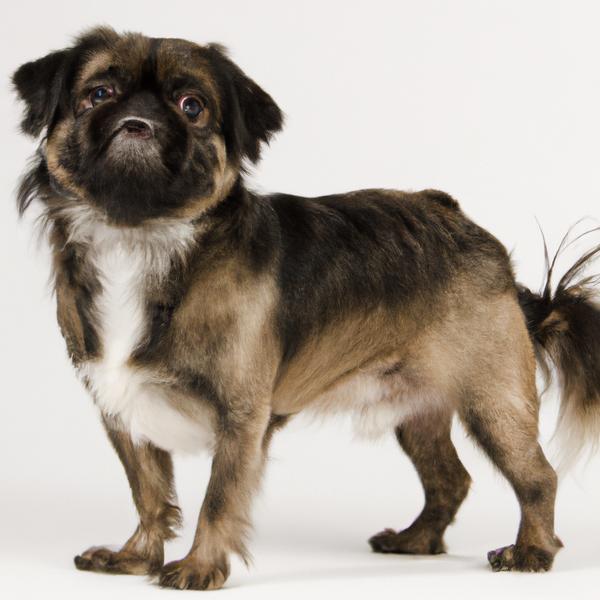
Pug-Zu
New Zealand Heading Dog vs Pug-Zu
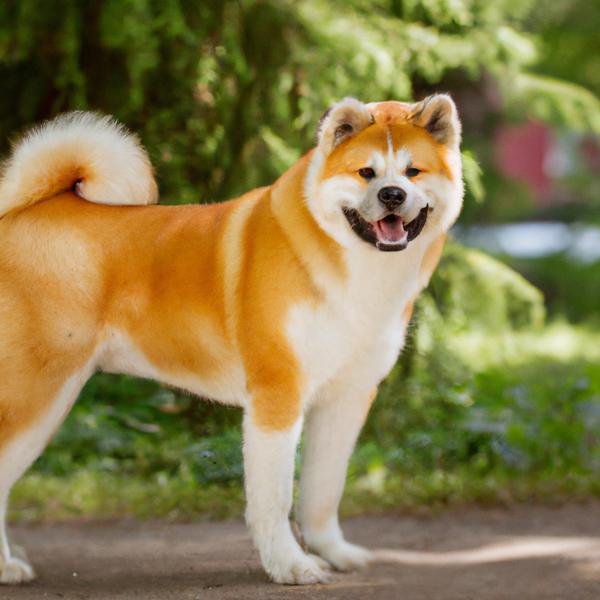
Akita Inu
New Zealand Heading Dog vs Akita Inu

English Cotralian
New Zealand Heading Dog vs English Cotralian
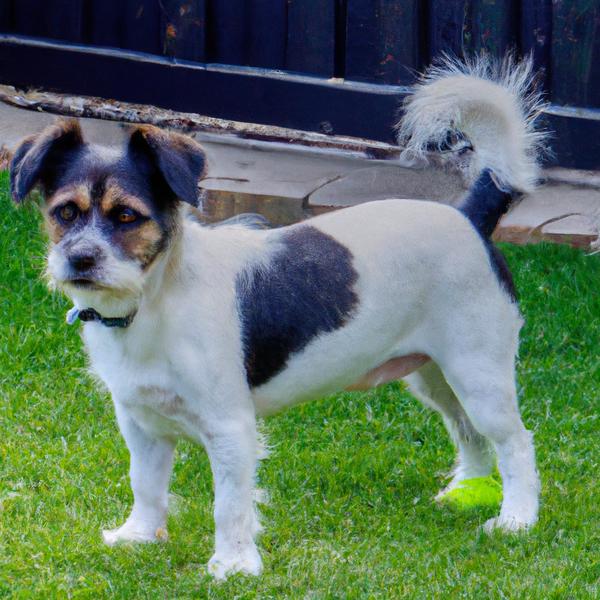
Silky Jack
New Zealand Heading Dog vs Silky Jack
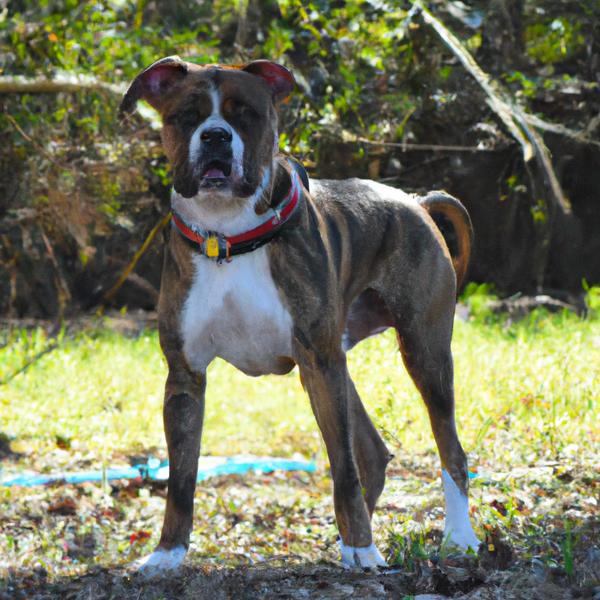
Bowzer
New Zealand Heading Dog vs Bowzer
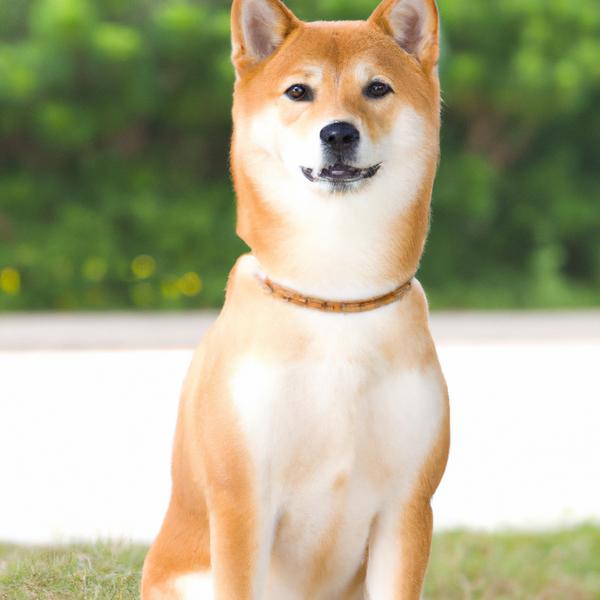
Shibos
New Zealand Heading Dog vs Shibos
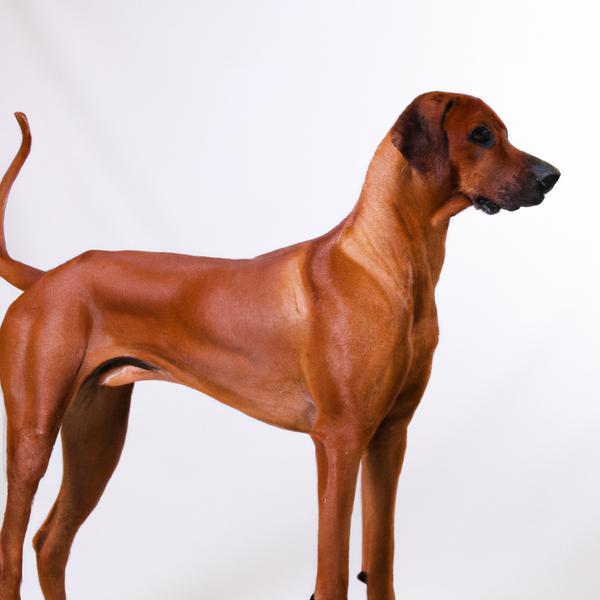
Rhodesian Ridgeback
New Zealand Heading Dog vs Rhodesian Ridgeback
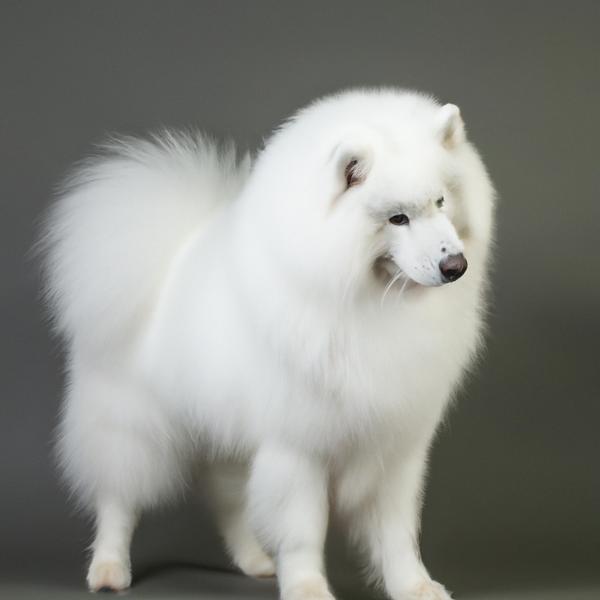
Samoyed
New Zealand Heading Dog vs Samoyed
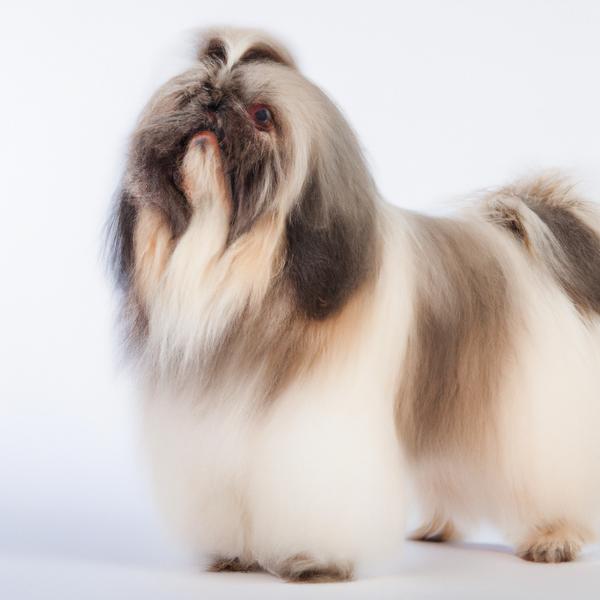
Crested Peke
New Zealand Heading Dog vs Crested Peke
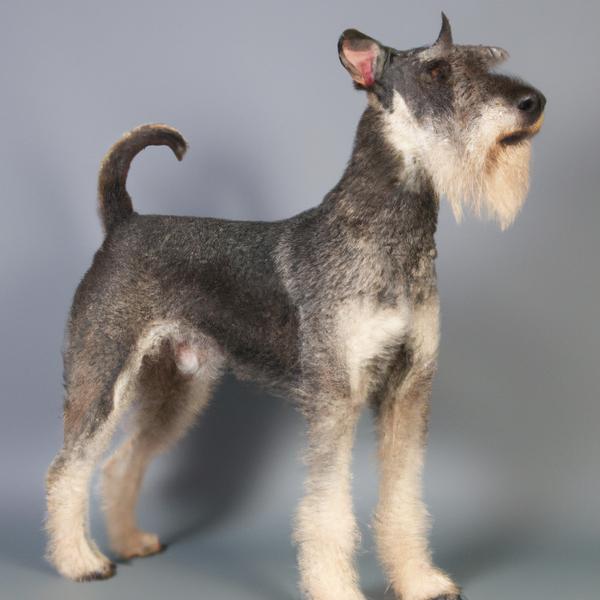
Standard Ratzer
New Zealand Heading Dog vs Standard Ratzer
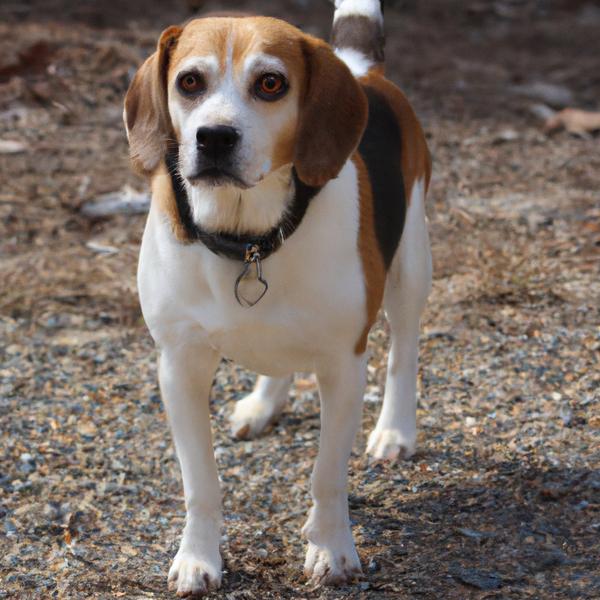
Beagle Point
New Zealand Heading Dog vs Beagle Point
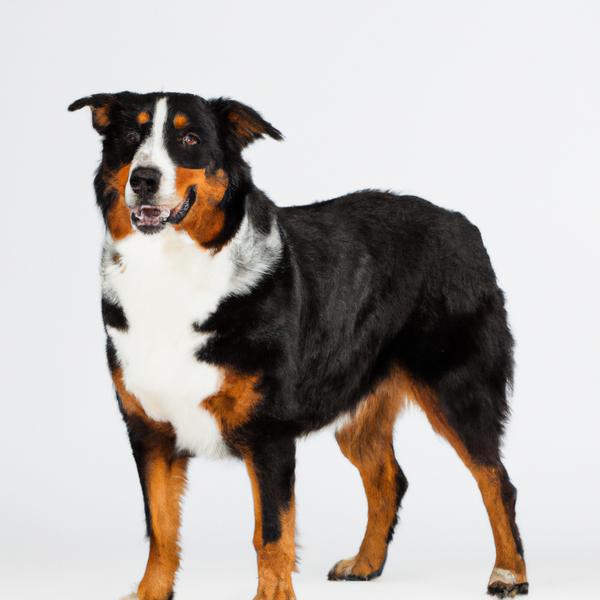
Bernese Cattle Dog
New Zealand Heading Dog vs Bernese Cattle Dog
